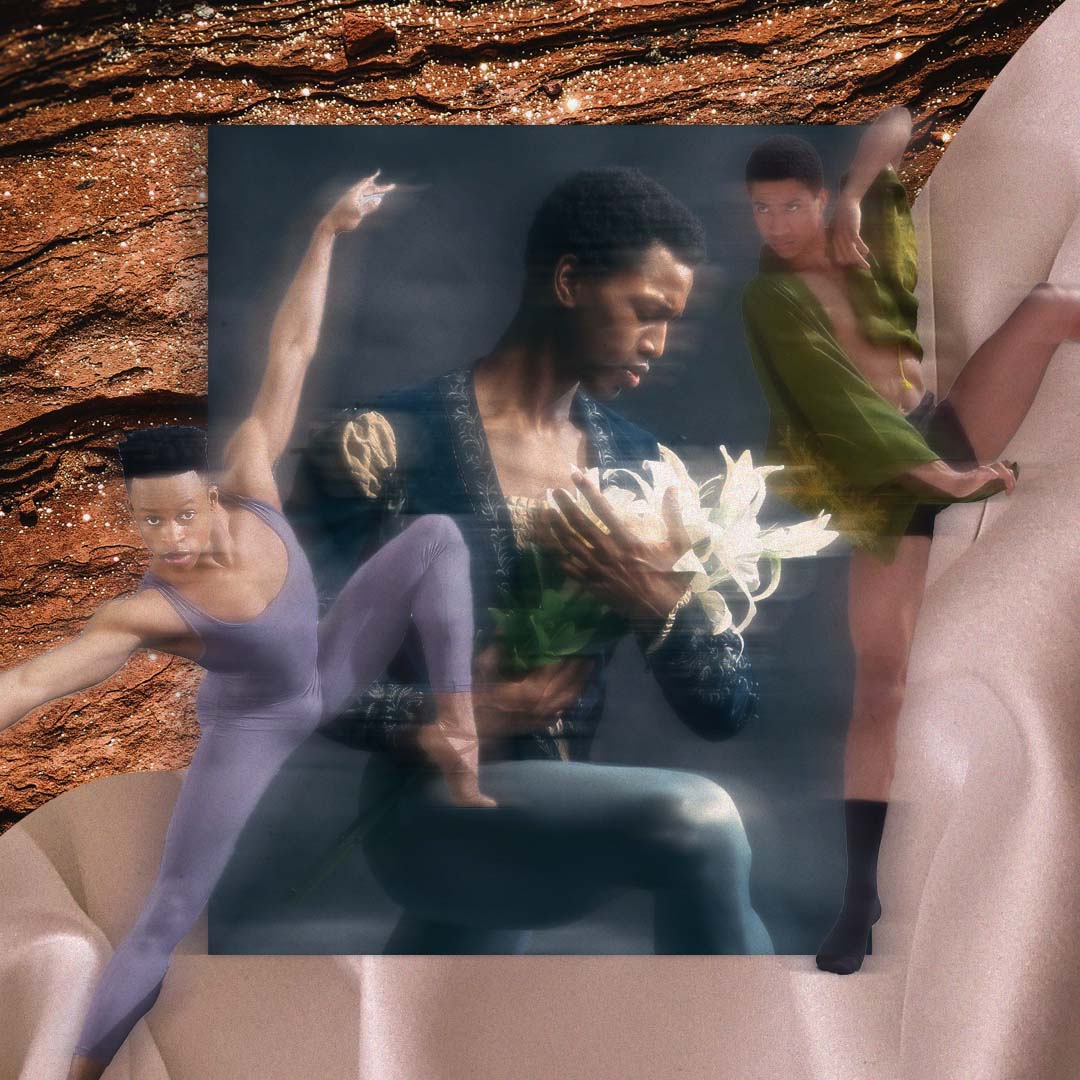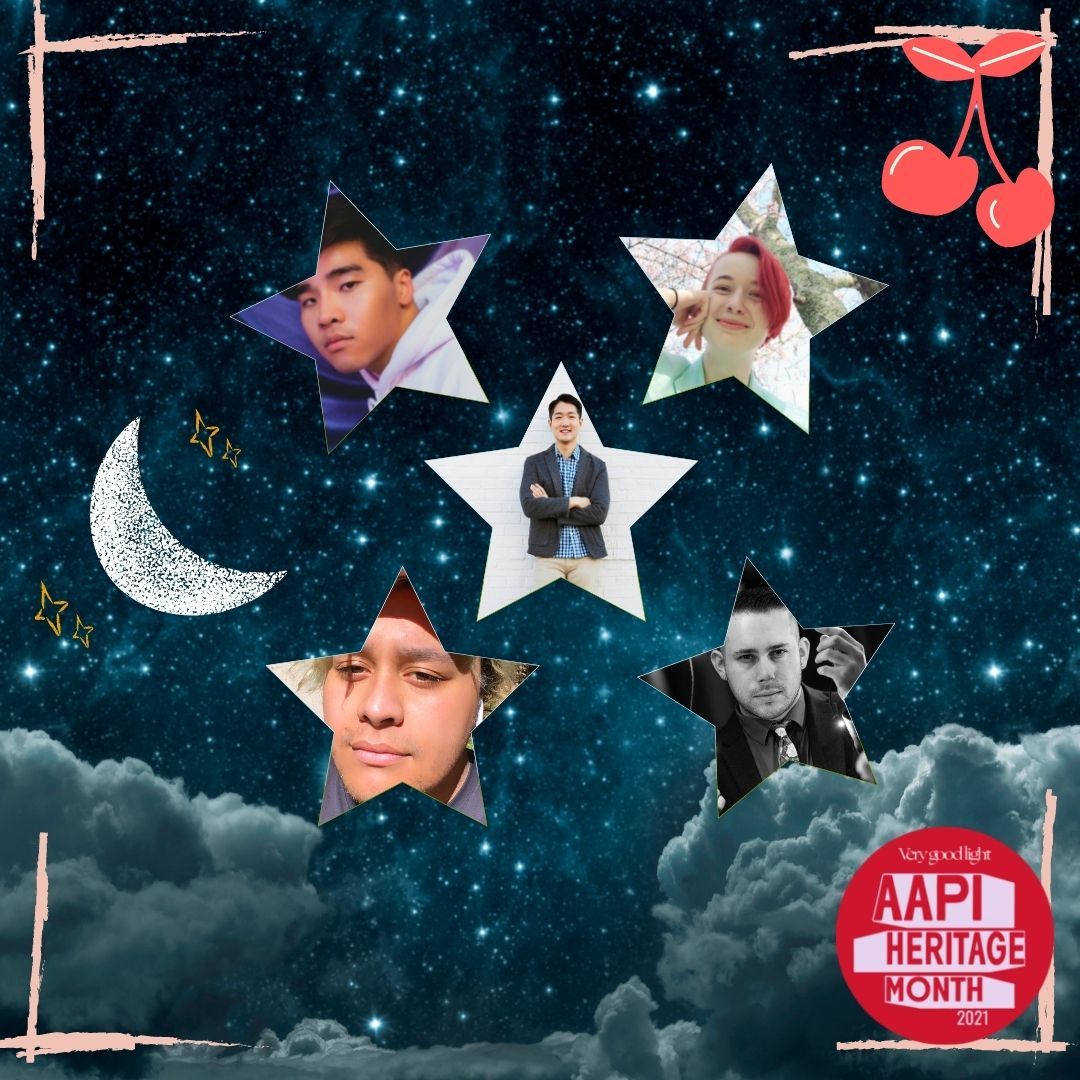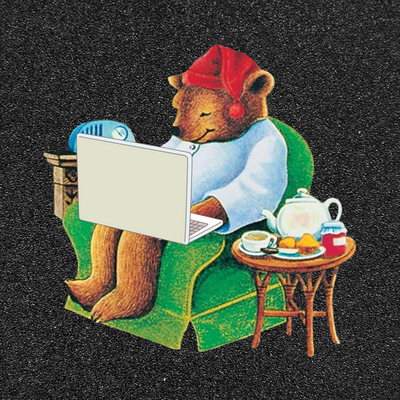MJ Choi has spent half her life in Korea and half her life in the states.
She came to America in her twenties to study Industrial Design at the University of Bridgeport, Connecticut. Three months into the semester, her dad’s business went bankrupt, forcing her to find a job as a waitress and dishwasher, speaking little to no English.
Working 70 hours a week, she would get home worn out with her hands chapped and bleeding. Only allowing herself two dollars a day, MJ scraped by herself for a few months while working and studying. She decided that it was time for a change.
MJ started dancing when she was 28. By industry standards, this is late. “I had to discard some options because I hadn’t been training since I was three years old — which is a common start for dancers. As much as I was interested in other styles like jazz, modern dance, contemporary, and ballet, hip-hop seemed like the most viable and faster option.” Luckily, she fell in love with hip-hop, appreciating the challenge within the limitations of her physical abilities.
“To me, it just came very naturally. I don’t remember a particular incident that made me open my eyes. Since I was 4 or 5 years old — this is something that I don’t remember— my mom said I would get up and dance in front of other people and really enjoy it. I was never a shy girl. There would be no hesitation if somebody asked me to dance or sing. I would simply get up and do it!”
After a stint at a small community dance studio that left her feeling unsatisfied, MJ knew she needed to create her own company. “It felt right for me to do it. I had been there and knew what was needed.”
“I asked my then-boyfriend, now-husband, for name recommendations, and he suggested something simple and easy to remember.” They landed on I LOVE DANCE—an earnest proclamation of what her studio is all about. What started as a small class flourished into a space that hosts professional lessons for hundreds of students in three different locations across New York City and New Jersey.
I disagree with the concept that a girl has to be quiet or feminine— what does that even mean?"
What story do you want to tell when you dance?
“Being ourselves in our fullest expression is my top priority even if we can be a little bit different from other people. We’re still charming and beautiful as we are, so we should feel very confident and comfortable with that. I think that’s what I want to deliver through dance.”
When a performance starts, there isn’t a right or wrong way, or a specific dance style in mind for MJ — her priority is just to enjoy herself and feel her most confident, comfortable, with no judgments. "Thoughts like 'I’m not good enough, I’m slow, I’m sloppy' should all leave our heads."
When MJ watches rehearsal videos for upcoming performances with her dance crew, sometimes she’ll scrutinize her movement and compare it to some of her teammates. “Why can’t I be as sharp as Fernando, Ying, Min, or Eunice?” That’s when MJ takes a step back and reminds herself they’re all different. “We must allow ourselves to be free, truly ourselves, and be proud of it. That’s what I want to deliver through dance.”
“Even if you mess up here and there, we prefer watching that more than trapping yourself in a small box.” She shares her respect for those students who started as beginners and grew from that. “They just have no fear, and they just dance full out. That’s an amazing thing because I see them expressing themselves.”
Who inspires you?
“Everyone who continues doing what they want inspires me.”
Two years ago, MJ found herself dealing with nerve pain from all her years of dance. She performed through the pain because “when you reach 40, you feel like if you stop now, there’s no return. You’re basically retired, so I was scared to stop.”
“I couldn’t even walk two blocks. I needed to call an Uber, but it’s crazy that I used to go teach. When I’d go home, I’d be crying and screaming out loud.” She recalls it now as a nightmare. When the I LOVE DANCE team went to perform in Las Vegas, MJ was taking painkillers to be able to dance, so her doctor gave her an ultimatum: undergo a spinal fusion surgery or stop dancing. The answer was obvious for her.
During recovery, she used her downtime from dancing to focus on the business side of I LOVE DANCE. “When I recovered through heavy physical therapy, I came back to the studio and was able to move and dance once again. There was definitely a big fear with movement— going down on the floor, and jumping, felt far from me.”
Even though she’s not feeling back to 100%, she remains optimistic. “I try to look at the bright side. I’m still dancing, so even if there’s a little bit of limitation, I’m thankful for not dealing with pain anymore. I’m still sharing my stage with my dance crew and doing my dance covers. I’m still teaching, which I really enjoy, and I’ve always wanted to be a good instructor, so I’m very happy.”
“I shouldn't be looking at the things that I can’t do anymore, but look at the stuff that I still can do at this age. After the surgery, if I’m still here doing my thing, I should be happy and proud.”
MJ recalls since she was childhood, she had already rejected the idea of being hyperfeminine. She objected to being put in a box of what a girl should and shouldn’t do. “I probably appeared as a strong girl with strong opinions and a tough exterior — the opposite of a “good girl.” Instead, she could be found fist-fighting boys.
“I disagree with the concept that a girl has to be quiet or feminine— what does that even mean? All of us are different individuals, boys can be feminine, and girls can be masculine. We shouldn’t limit it to a name, have a definition, and make people follow. Dance allows me to go beyond the binary. It transcends it. It’s not about being a boy or a girl — it’s your nature, instinct, and personality. For me, that’s hip hop.”
Over the course of her career, MJ Choi has worked on a few projects with entertainment companies, TV show programs, and idol groups. One of her career highlights was dancing on stage at Madison Square Garden with girl group (G)-IDLE.
Despite her successes, she says that the biggest challenge has come down to agism in the industry. Most dancers are in their early 20s, while MJ is in her mid-40s. In this field, that’s often considered mentoring or even retirement age. “You need to be bold against whatever you face,” she says.
“I care and love my students, and I know some of them dream of becoming an idol, but I know what the deep side of the industry is like. I can think that somebody is beautiful and talented, but then my client has specific requests, and I have to match it.” Common things Korean entertainment companies look for are for trainees are thinness and smaller noses, for example.
“It’s challenging to do this without hurting my students’ confidence.”
Although this comes as an obstacle, it's rewarding to help her students reach their goals. It becomes her greatest pride and happiness.
Some of MJ’s students have debuted into K-pop groups or gone onto K-pop reality shows (often called “survival shows”) with a strong foundation in dancing. Among them are Dita from Secret Number along with Moana and Tammy from Mnet’s Girls Planet 999.
“For people doing well at the moment, I’m very proud of them, and I want to give them credit for their dedication and effort because I truly believe they’re there for a reason.” She describes many of her students as hardworking, talented, kind, and brave.
“They took a step, or several, forward when so many people shy away, and for that, I applaud them.”
What would you like to tell 21-year-old MJ?
“Wow, I have so many things to say. Be who you are because at the end of the day, If you just follow your heart, you’ll be alright, so don’t overthink it. 21 is an amazing age. You could change the world, so be confident, do what you wanna do, and everything will be okay.”
READ MORE LIKE THIS











